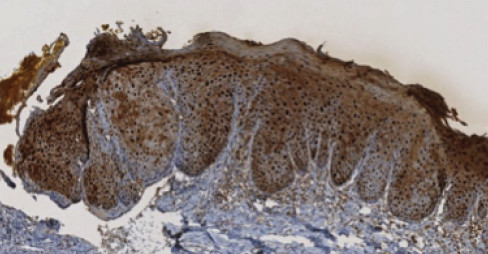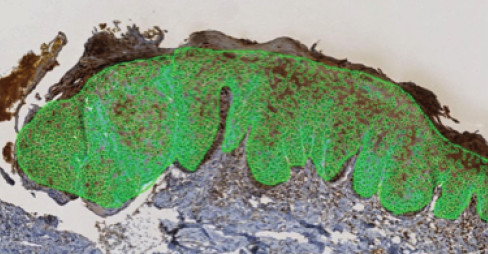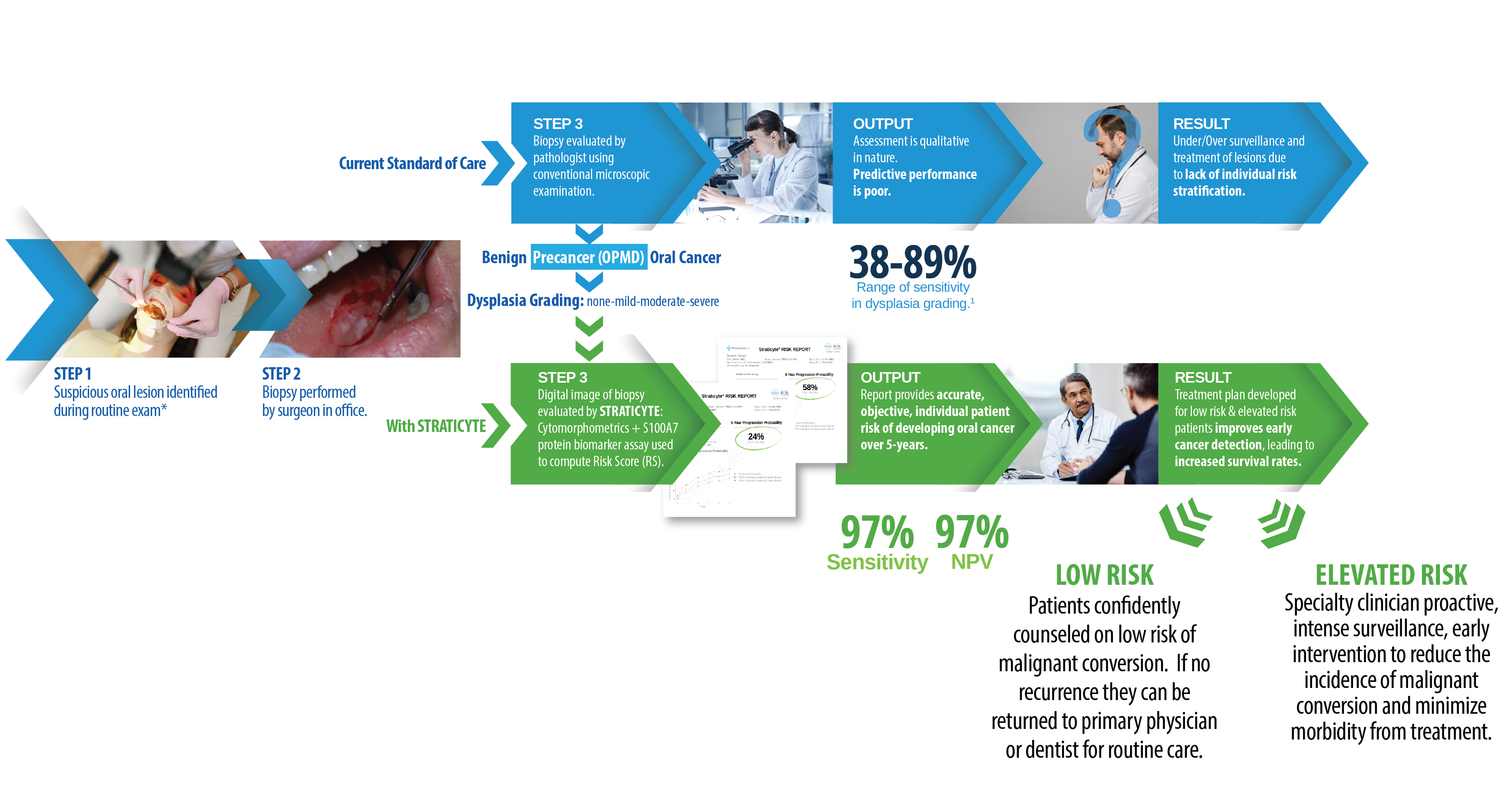Straticyte™
Take Charge of Your Health
Straticyte™ looks at biomarkers related to oral lesions. Because every lesion is unique, understanding the biology of your lesion will provide you and your doctor with additional information about your lesion. This information will assist you and your doctor make more confident decisions about your care.
Oral cancer often requires major surgery, may severely impact your quality of life and even lead to death. Early detection is critical because oral cancers, at late stages, is very difficult to treat.
How Straticyte Can Help
Heather discovered an oral lesion. In this video, Heather reveals what happened next.
%
65% of mild dysplasia cases are reclassified into a higher risk category by Straticyte. These cases are 2.5 times more likely to progress to cancer within 5 years.
Clinical Need
Oral cancer affects 450,000 people/year worldwide with a 5-year mortality rate of ~50% worldwide, predominantly due to late diagnosis. Late stage cancers are more costly and difficult to treat.
The standard of care for oral potentially malignant lesion risk assessment is dysplasia grading by histopathology. Historically, histopathology is impacted by intra- and inter-observer variation as well as significant overlap between grades, affecting its usefulness as a prognostic tool.
The limitations with the current standard of care have led to a widely recognized urgent need for more effective prognostic biomarkers for oral potentially malignant lesions amongst the clinicians who treat oral cancer and oral potentially malignant disorders.
Supplement The Standard of Care with Straticyte
Straticyte is a test that predicts the progression of pre-malignant lesions to invasive oral cancer. It enables healthcare professionals to customize patient management plans to improve outcomes for patients at elevated risk for developing oral cancer, while reassuring those patients who have minimal to no risk of progression.
Straticyte is based on discoveries made at Mount Sinai Hospital and York University in Toronto, Ontario, Canada. It is the only predictor that can objectively distinguish oral lesions at elevated risk of becoming cancerous from those with little to no risk.
Straticyte was developed utilizing retrospective clinical data (168 dysplasia cases and 427 cancer cases). Proteocyte is committed to enriching its dataset with annotated study cohorts and has several ongoing studies with with major oral pathology centers.


The Straticyte Difference

The test can be easily incorporated into clinical practice as no additional tissue samples are needed for assessment.
